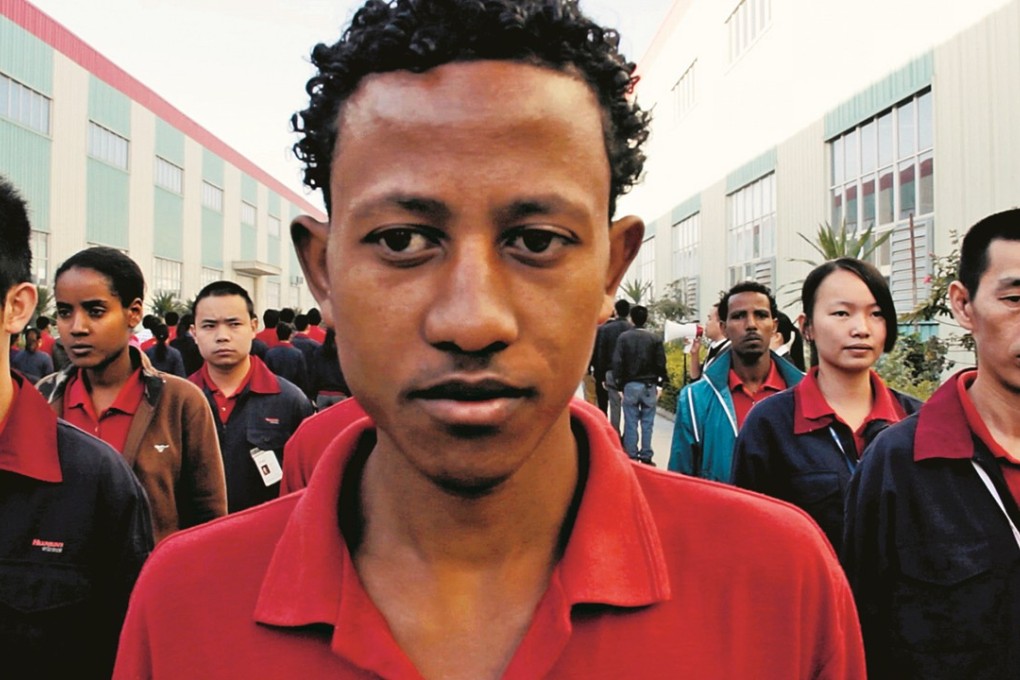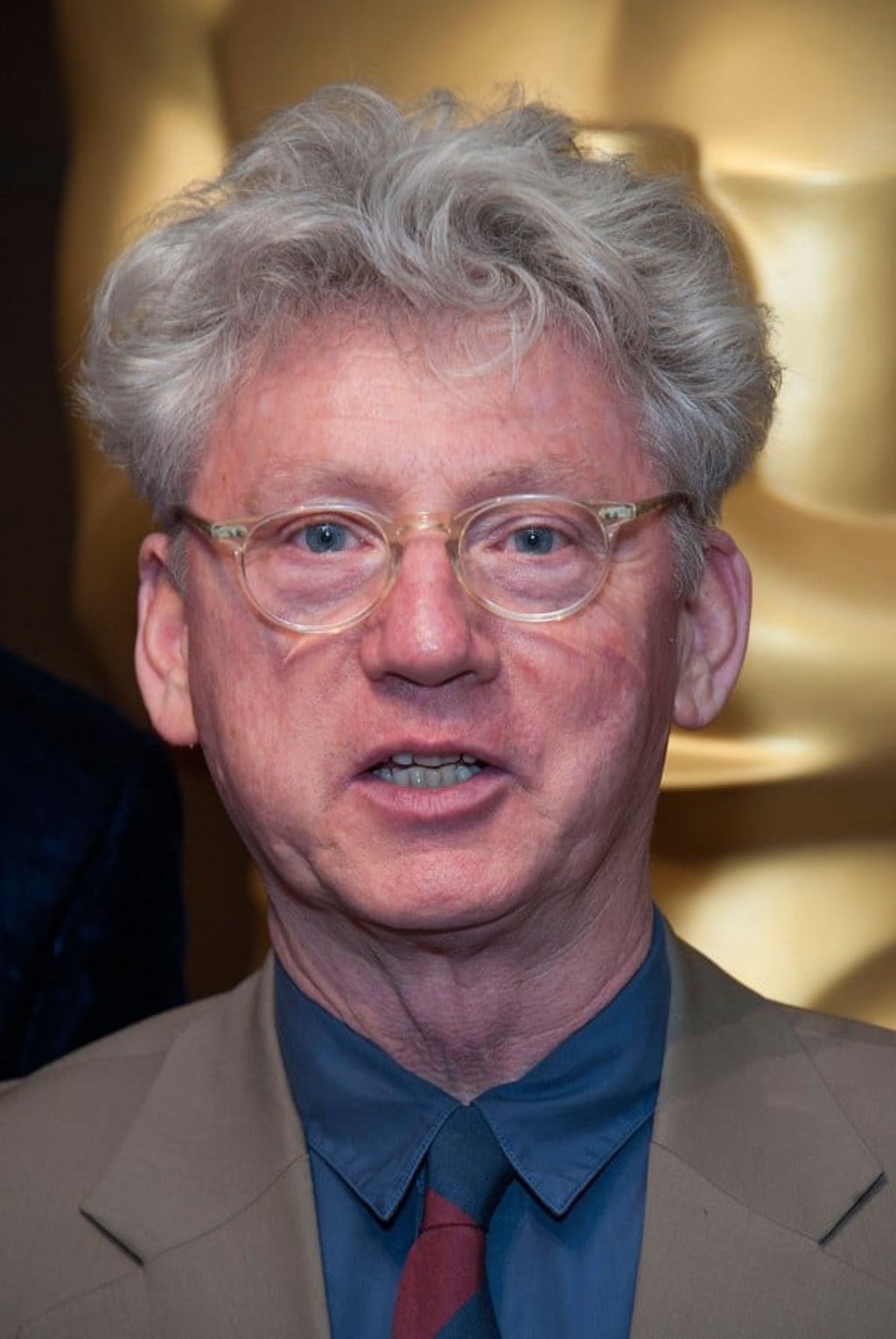The ‘better angels’ of China-US relations are focus of Oscar winner’s new film
- Better Angels follows ordinary Chinese in America, and ordinary Americans in China, as they build bridges between their countries.
- It helps reveal a China story that China itself isn’t telling, the documentary’s maker says

Memo Mata, a former US Marine from Los Fresnos in Texas, coaches children in Shanghai in American football. Li Mianjun from Shandong province, a mathematician and abacus enthusiast, teaches primary school students in South Central Los Angeles how to use the abacus. Glad Chen Lijun was anti-American until he tasted Midwestern hospitality on a visit to friends in Iowa.
The three are among the many ordinary Chinese and Americans who, without setting out to do so, have become “better angels” building bridges between their two countries. All are featured in a new film, Better Angels, by two-time Oscar-winning director Malcolm Clarke.
He hopes the 92-minute documentary presents a more balanced view of China to foreign audiences than they may have gained from news coverage of US presidential candidate and now president Donald Trump’s attacks on China.
China is not good at telling its story. … the longest tunnel, the longest bridge … who cares?
Its cinematic release on November 2 in some United States markets – it will also have a release later in China – could not be more timely, given the trade war between the two countries and contentious midterm elections in the US next month.
“The Chinese understand more about the US than the Americans understand China, thanks to pop culture, movies, songs, TV shows, journalism. They understand the good and bad of America,” the British filmmaker says, adding that the Chinese should take a page out of the US playbook.
“China is not good at telling its story. Pride is not necessarily the best way to get the message across … the longest tunnel, the longest bridge, the tallest building … who cares?” he says.
“We care about heartfelt, emotionally engaging stories about China. There are 1.4 billion people with stories,” that could be told through films and documentaries, he adds.
